There’s a whole lot of difference between the silent treatment and no contact. Silent treatment abuse can never be the same as the no contact rule. Read on to know more about the difference between silent treatment vs. no contact.
A lot of people tend to think that when we go ‘No Contact’ with a narcissist, we are behaving in a similar manner as they do when they give us the ‘Silent Treatment’. The two are so very, very different and are done for very different reasons. We need to look at what motivates someone to initiate the Silent Treatment or No contact.
The Silent Treatment
When a narcissist gives us the silent treatment they are doing so as a punishment, to invoke fear, obligation, guilt, or remorse. Remember that these disordered personalities are all about power and control. It is a means employed by these disordered individuals of showing their displeasure or disapproval.
Have you done something to deserve it? Probably not. Most of the time, the victim has no idea why they are being treated in this despicable manner. They have done nothing wrong.
Related: Are You Dating an Emotional Predator? – Signs of Narcissists, Sociopaths, and Psychopaths
Any attempt to resolve the situation by discussion is thwarted. Their contempt for you is blatantly obvious. The narcissist’s ego is very easily upset. It takes so very little to ignite their fuse. The silent treatment is a passive-aggressive form of emotional abuse and has been described as mental murder.
When you are on the receiving end of the silent treatment your very existence is not recognized by your abuser.
They will not speak to you, look at you, answer your phone calls or answer your texts. This makes a target feel that they are dead to their abuser. The narcissist knows exactly what they are doing, they know how this behavior is making you feel and yes, they may enjoy seeing you suffer.
Basically, they just do not care how they make you feel. In their sick and twisted mind, you have upset them and you deserve it.
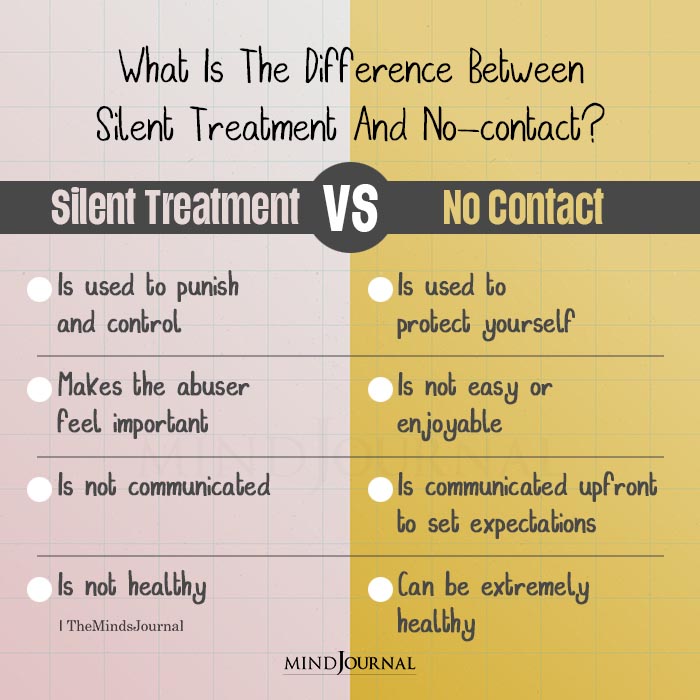
No Contact
When we go no contact with an abuser it is done to protect ourselves, to give us time to heal and recover, not to punish or hurt anyone. (When there are children involved, minimal contact is advised. Keep one line of communication open, preferably in writing.)
No contact rule has often been described as removing the drugs away from the addict or the alcohol from the alcoholic. The narcissist was our drug and when we need to become clean we have got to stay away from the drugs or the alcohol.
For many, this may last a lifetime. Some alcoholics may be alcohol-free for years and just one drink will see them back in their pit of despair.
Related: 6 Ways To Prepare When Going No Contact With A Narcissist
Likewise, with the narcissist, just one conversation, letting your guard down can be enough for you to let the narcissist back into your life. Make sure you know that you are strong enough before you have any dealings with the narcissist. For many that time will never come. So be it.
Losing the narcissist in your life is not a loss, it’s a gain. You are gaining freedom. You are gaining strength away from these dysfunctional individuals. You are getting your life back. You cannot stop them from treating people the way they do but you can stop them from treating you in this way.
Know that someone who truly loves you would never want to hurt you and would never want to see you cry or be the cause of those tears. Know when enough is enough. Know when to walk away.
Want to know more about the difference between silent treatment and no contact? Check this video out below!
Written by Anne McCrea Originally appeared in Narcissist and Emotional Abuse Printed here with prior permission.
Frequently Asked Questions (FAQs)
How long should you allow the silent treatment to go on in a marriage after an argument?
The silent treatment after an argument ideally should not go on for more than an hour. It’s normal to want to decompress and cool down after a fight, but not for too long. Once both of you have calmed down, it’s important to sit and resolve the problem together, instead of ignoring each other.
What to do when someone gives you the silent treatment in a group setting?
If you are being subjected to silent treatment in a group, then the best thing you can do is ignore it for the time being. If you confront them in front of everyone, it might just make the situation uglier. Refrain from giving them a reaction, and if it bothers you too much, wait for the time when you are alone with them and then talk it out.
Will a covert narcissist come back after the silent treatment?
A covert narcissist will come back after the silent treatment, but only if they have something to gain from you. Narcissists, no matter what kind, will always pursue you if they feel they can get something from you.
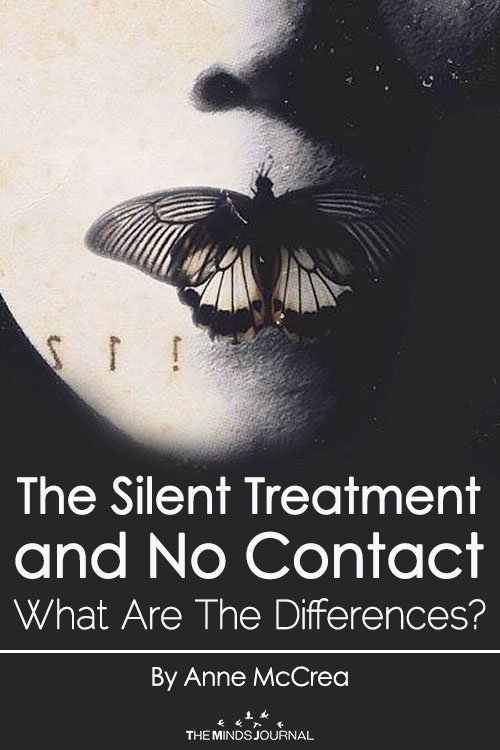
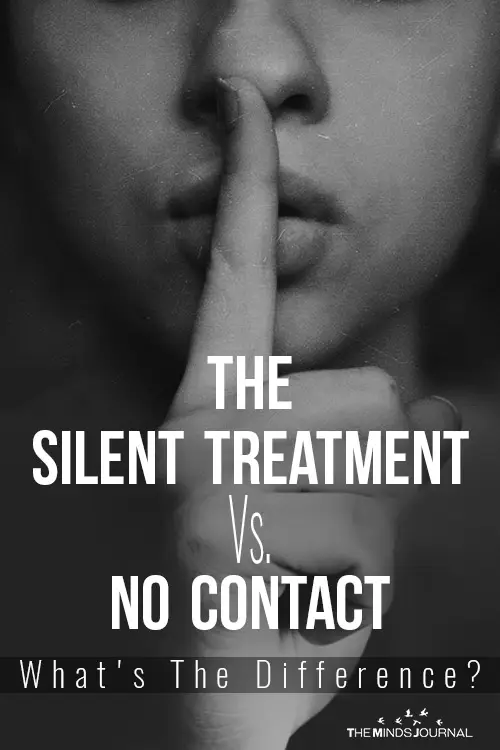
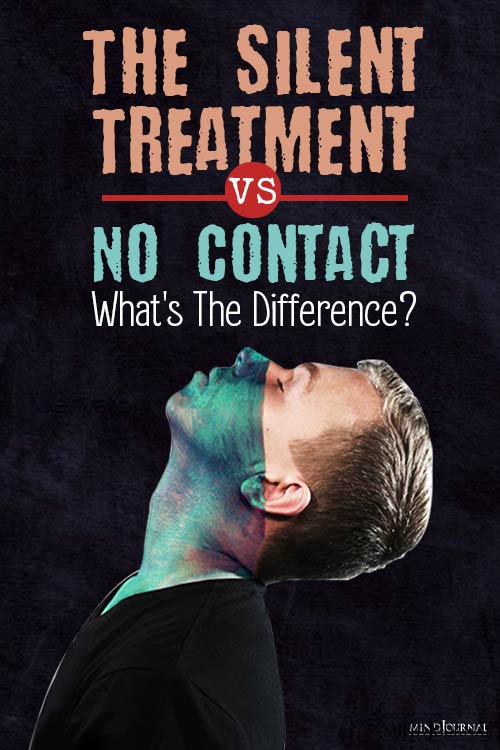
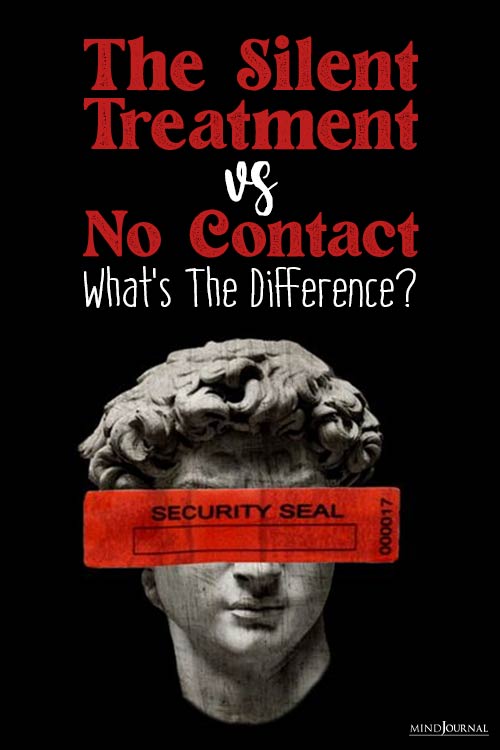
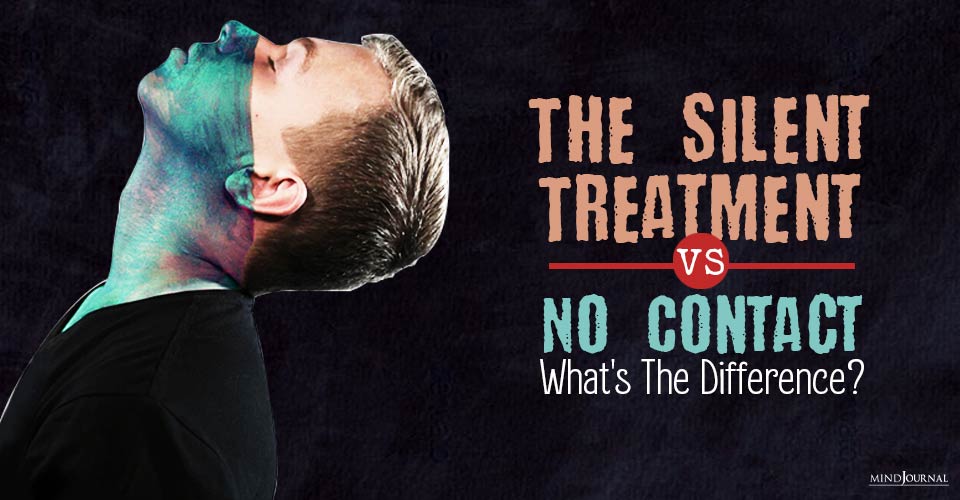







Leave a Reply
You must be logged in to post a comment.